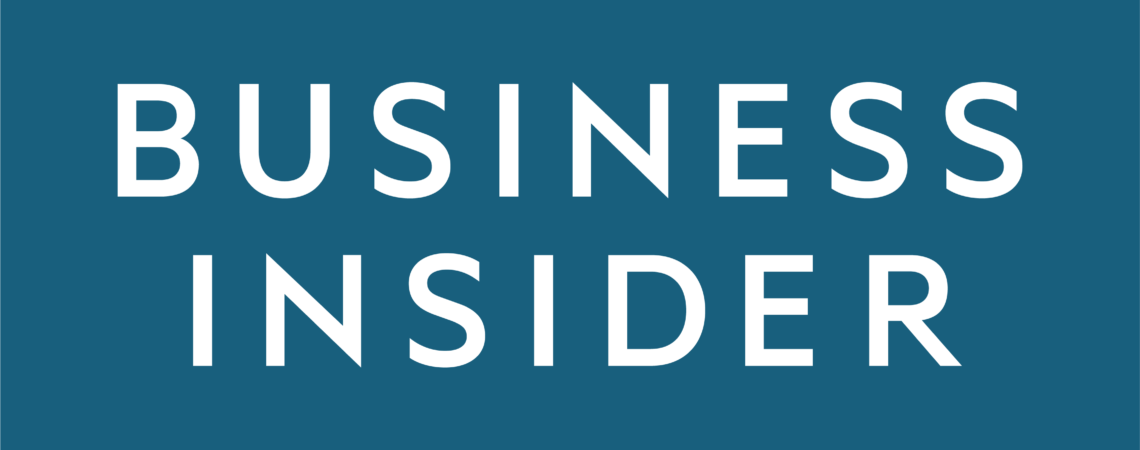- The EU is set to tell Boris Johnson that he must ban chlorinated chicken in order to get a trade deal.
- Brussels will say Britain must uphold EU rules on food when the bloc sets out its negotiating objectives.
- There is a growing concern that Johnson’s government is planning to compromise food standards.
- Environment Secretary George Eustice suggested chemical-washed US chicken was on the table.
- The head of Britain’s farmers on Tuesday said lowering food standards would be “morally bankrupt” and “work of the insane.”
The European Union is set to tell Boris Johnson’s UK government that it cannot have a free trade deal unless it agrees to continue to prohibit chlorinated chicken and other banned imports from the US. The EU’s negotiating guidelines, which the bloc will publish on Tuesday, will say that the UK must uphold the EU’s strict rules relating to food hygeine and animal welfare, according to The Guardian newspaper.
The key clause states that both the EU and Britain must maintain “health and product sanitary quality in the food and agriculture sector” as part of a post-Brexit free trade agreement. It comes amid growing concern in the UK that Johnson’s government is preparing to compromise on food standards in order to make it easier to strike a wide-ranging free trade deal with the Donald Trump administration.
The UK Environment Secretary George Eustice at the weekend refused to explicitly rule out the UK accepting chlorinated chicken into its markets as part of a free trade deal with the US. Prime Minister Johnson has insisted that the UK will not lower its food standards now it has left the EU.
However, the National Farmers Union wants concrete reassurances and has called on the UK government to include legal safeguards for food in legislation called the Agriculture Bill. The UK government is refusing to do so.
‘Work of the insane’
In a punchy speech at the NFU’s conference in Birmingham on Tuesday, the union’s president Minette Batters said it would be “morally bankrupt” and the “work of the insane” for Britain to lower food standards after Brexit.
“Battery cage egg production is still permitted in some countries – but was banned here in 2012.
“Meat and bone meal in feed, which was banned here 24 years ago, is still allowed elsewhere.
“In Brazil, farmers don’t need a vet’s prescription for animal medicines and don’t need to record treatments.
“There is no legislation in many parts of the world on the use of these drugs… in fact many feedlot systems are reliant on the prophylactic use of antibiotics,” Minette told farmers.
She added: “And in Japan, Australia, China, Canada, Brazil, Malaysia and India the use of antibiotics is permitted for growth promotion.
“This isn’t ‘hysteria.’ This isn’t ‘mumbo jumbo.’ This is fact.”
This was seemingly a reference to Prime Minister Johnson’s speech on global trade last month, in which he said the UK government’s policy on food standards would be “governed by science” and not “mumbo jumbo.”
Enviroment Secretary Eustice suggested over the weekend that chorlinated chicken would not a major issue in talks with the Trump adminitration as most US farmers use lactic acid to wash carcusses before being sold.
However, Batters set out her strong opposition to the use of “chlorine or other chemicals to wash carcases.”
“In other parts of the world abattoirs use chlorine or other chemicals to wash carcases – this is not allowed in Britain because we have legislation on the way we keep our livestock which limits stocking density,” she said.
“We have rules on biosecurity, lighting, diet and veterinary oversight.”
She added: “This isn’t just about chlorinated chicken. This is about a wider principle.
“We must not tie the hands of British farmers to the highest rung of the standards ladder while waving through food imports which may not even reach the bottom rung.”
Responding to Batters’ speech, a spokesperson for Johnson said: “The UK has long been a world leader in food safety and animal welfare and we will continue to uphold high welfare standards in all future trade deals.”
To see the full article, click here.

